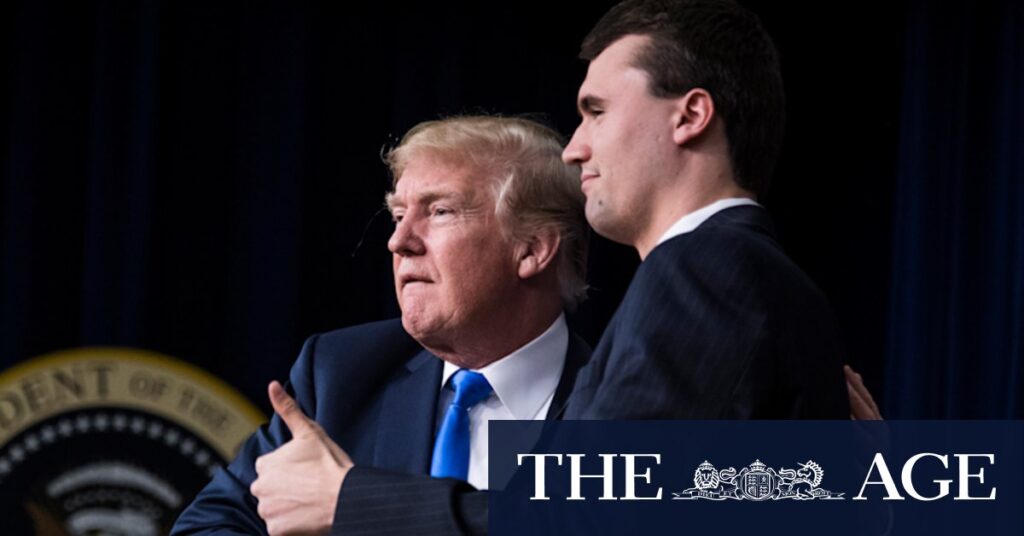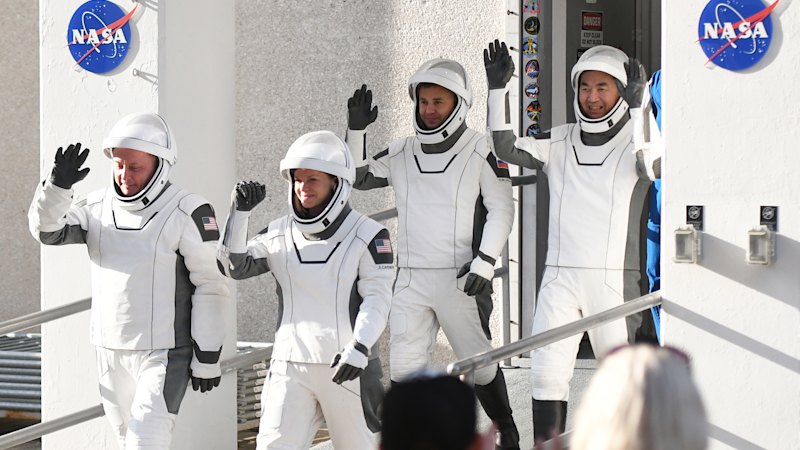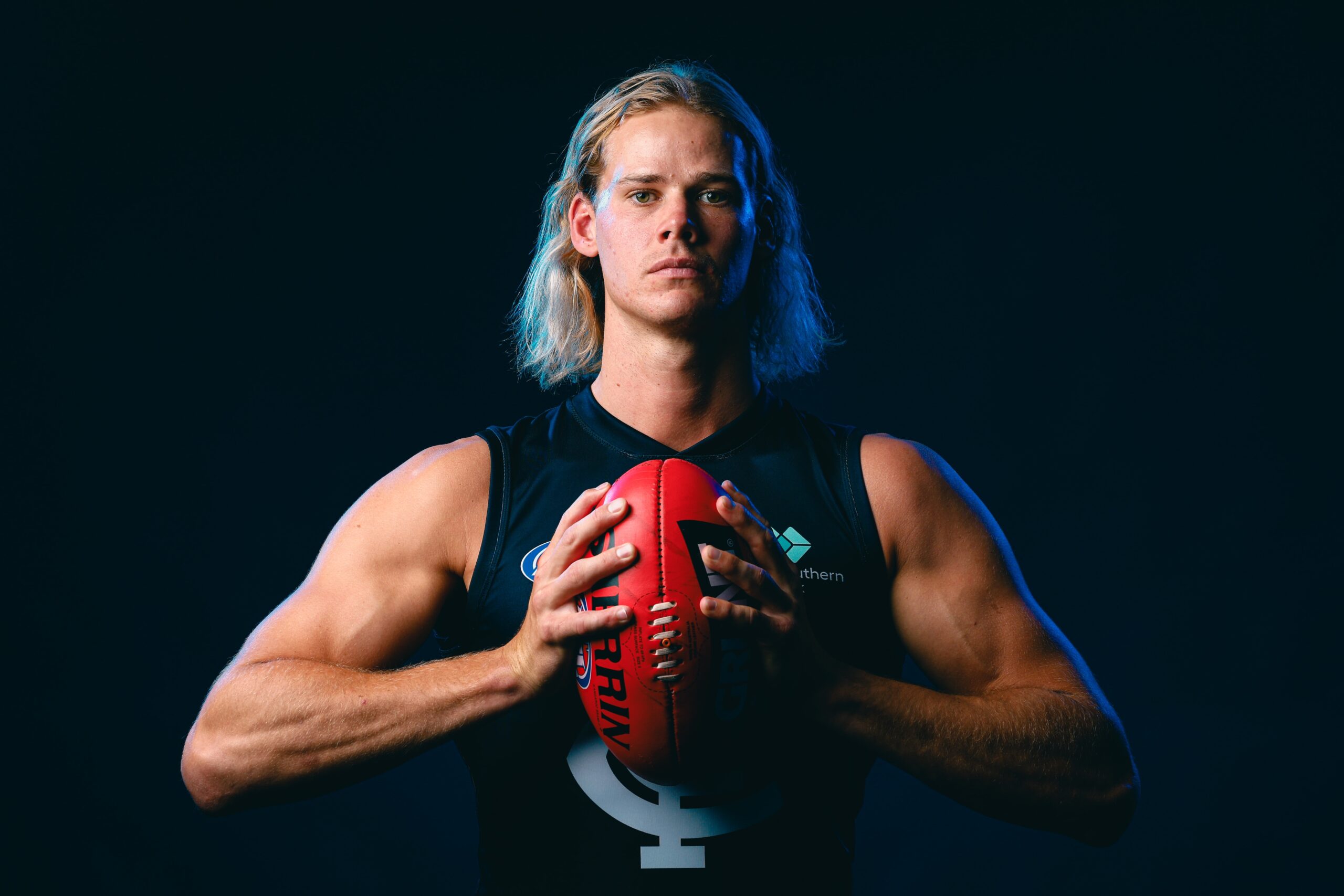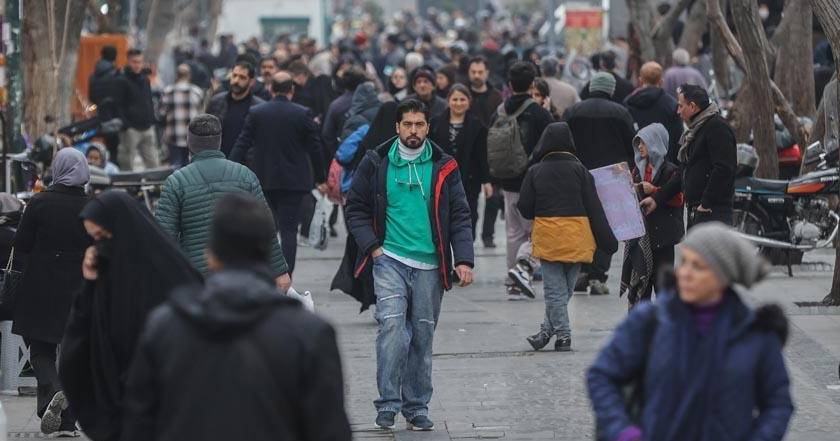
Prime Minister Anthony Albanese has called for a return to respectful discourse following the shooting of Trump-supporting influencer Charlie Kirk. This incident comes weeks after Albanese highlighted the increasing hostility among protesters in Australia. The assassination of the conservative activist has prompted a broader conversation about political violence in the United States, while Australia faces its own challenges with a surge in threats against politicians.
The climate of political tension has been palpable in Australia, where MPs’ offices have been vandalized over Middle Eastern conflicts in the past year. The recent election campaign saw multiple security breaches, including an incident where far-right social media influencers confronted Albanese in his hotel lobby. In a separate case, a Sydney man was charged with issuing death threats to the Prime Minister.
Rising Threats and Political Violence
Australian Federal Police Commissioner Reece Kershaw revealed earlier this year that threats against politicians and their staff have nearly doubled over the past three years. This alarming trend has raised concerns among Australian politicians about the safety of political figures, though many have been cautious in their responses to Kirk’s death. Kirk, known for his controversial statements, has been a polarizing figure.
Liberal MPs Andrew Hastie and Jacinta Nampijinpa Price expressed admiration for Kirk but stopped short of endorsing his views. Opposition Leader Sussan Ley offered a brief statement, saying, “we stand in solidarity with those who mourn.”
“There is no place for political violence,” Albanese stated on 4CA radio station. “Political issues should be dealt with through respectful debate and democratic processes.”
The Role of Social Media and Polarization
Albanese pointed to social media as a significant factor in the growing polarization of politics. He emphasized that platforms can push individuals toward extreme views, whether on the left or the right, which he sees as detrimental to Australian society. He praised Australia’s compulsory and preferential voting systems for encouraging more mainstream political engagement.
The debate over social cohesion and extremism has been fueled by recent anti-immigration rallies in Melbourne and Sydney. On September 2, Albanese faced heckling and was pursued by demonstrators in Ballarat, highlighting the tensions surrounding infrastructure projects.
Warnings from Security and Political Leaders
Mike Burgess, Australia’s top intelligence official, has consistently warned that politicians’ rhetoric could incite political violence. These concerns have been heightened following the October 7 Hamas attacks on Israel, with pro-Palestine rallies in Australia featuring Hamas and Hezbollah symbols.
Teal MP Allegra Spender advocated for constructive dialogue, emphasizing the importance of listening and disagreeing respectfully. She noted her own experiences of safety in public spaces as a positive aspect of Australian political life.
“You can’t end up with this sort of division and violence that we have seen in the US,” Spender told Nine’s Today. “It’s frightening.”
Looking Forward: Navigating Political Discourse
The current climate poses significant challenges for Australia’s political landscape. As threats and polarization increase, leaders like Albanese continue to stress the importance of respectful debate and democratic engagement. The focus remains on preventing the escalation of violence and maintaining the integrity of political discourse.
As Australia grapples with these issues, the call for unity and constructive conversation becomes ever more pressing. The path forward will require careful navigation of political tensions and a commitment to fostering a more inclusive and respectful public sphere.







